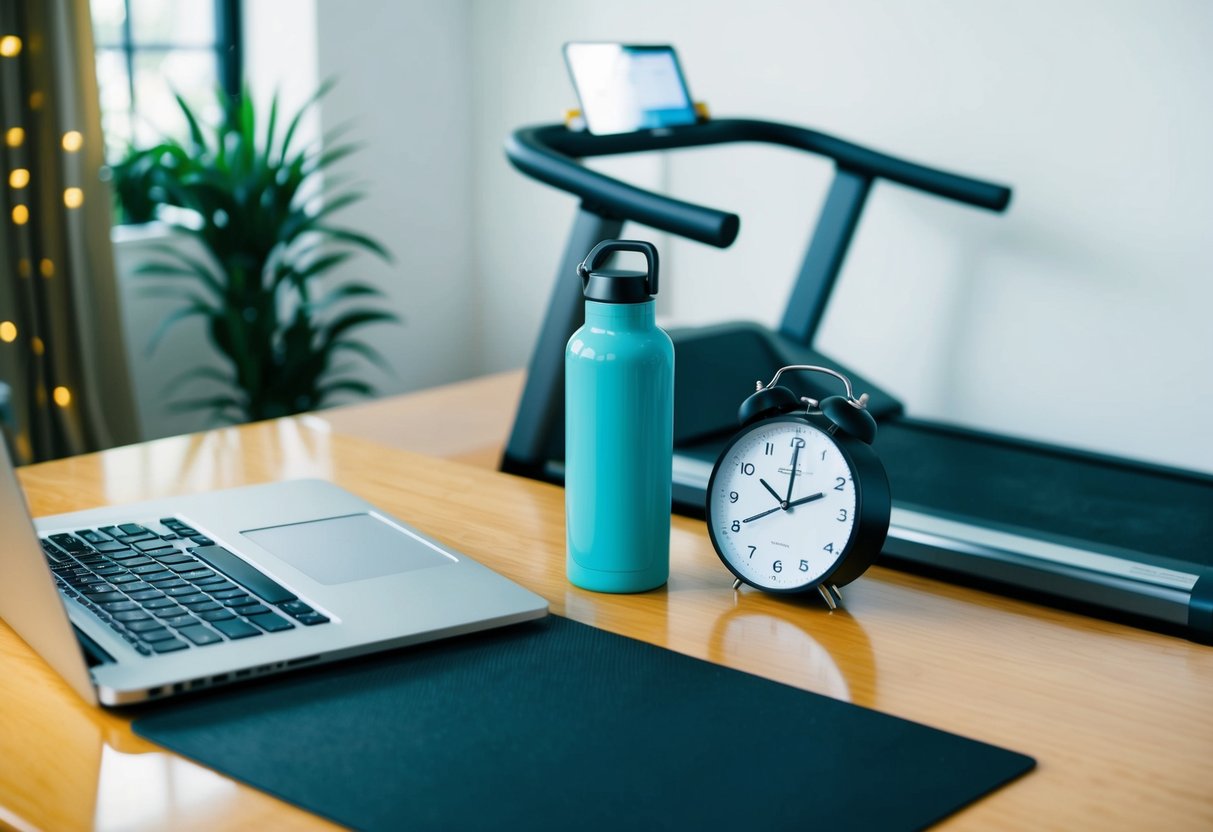
Nutrition and Fitness: Fueling for Peak Performance
Balancing work and fitness requires strategic planning in nutrition to maintain high energy levels during physical activity. Professionals benefit from a structured approach to diet, incorporating meal prep techniques to enhance both time efficiency and health outcomes.
Importance of a Balanced Diet for Physical Activity
A balanced diet plays a pivotal role in supporting physical activity by providing the necessary nutrients. Carbohydrates are a primary source of energy, while proteins aid in muscle repair. Including a variety of fruits and vegetables ensures adequate vitamin and mineral intake, supporting overall health.
Hydration is equally important. Consuming sufficient water before, during, and after workouts helps maintain performance and prevent fatigue. Healthy fats, such as those from nuts and avocados, are crucial for long-lasting energy.
By maintaining a diet rich in diverse nutrients, individuals can support their fitness goals, ensuring their bodies are ready for both work and exercise demands.
Prepping Meals for Time-Saving and Health Benefits
Meal prepping can be a game-changer for busy professionals. Setting aside one day a week for preparing meals saves time during hectic workdays and reduces the temptation of unhealthy eating. Planning balanced meals ahead of time ensures a diet that fuels both the body and mind.
Using whole ingredients and simple recipes helps maintain nutritional quality. Prepared meals can easily be stored in portions, making it convenient to grab and go, especially for those with tight schedules.
With meal prepping, individuals can focus on consuming nutrient-dense foods, optimizing their energy levels and performance without compromising on nutrition or time.
Combatting Burnout with Fitness and Self-Care
Incorporating regular exercise and self-care can significantly contribute to the reduction of burnout. Through effective stress management and scheduled breaks for movement, individuals can enhance mental clarity and physical well-being.
The Role of Exercise in Stress Relief and Relaxation
Exercise plays a crucial role in alleviating stress and promoting relaxation. Physical activity stimulates the production of endorphins, which are chemicals in the brain that act as natural painkillers and mood elevators. Regular workouts can help individuals feel more energetic and sleep more soundly.
Engaging in fitness routines, whether high-intensity workouts or gentle yoga, can reduce levels of the body’s stress hormones, such as adrenaline and cortisol. These activities not only help in stress management but also foster a sense of accomplishment and improve overall mood. Including a variety of exercises in one’s schedule can lead to sustainable habits that combat mental fatigue and burnout over time.
Taking Breaks for Movement and Mental Clarity
Frequent breaks are essential for maintaining mental clarity and reducing workplace fatigue. Short pauses throughout the workday, dedicated to physical movement, can stimulate cognitive function and creativity. A brief walk, stretching, or even taking deep breaths can rejuvenate the mind and relieve muscle tension.
These breaks provide opportunities to reset, making it easier for individuals to re-engage with tasks at hand. Taking time for purposeful pauses also reinforces self-care practices, helping individuals acknowledge their needs. In combating burnout, these strategies support a balanced relationship between work demands and personal well-being, ultimately contributing to a more productive and satisfied professional life.



